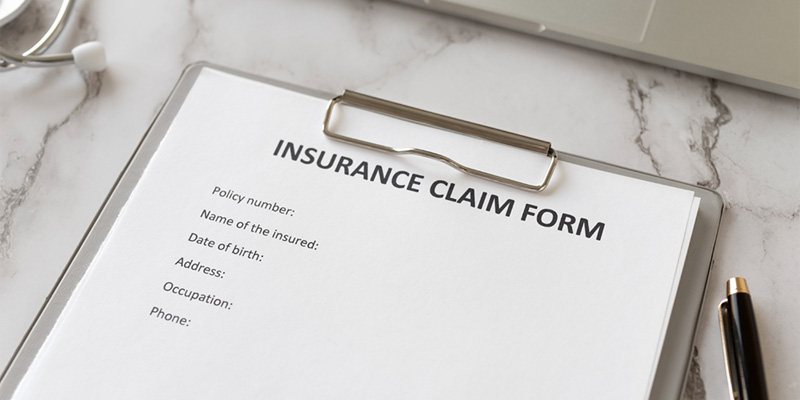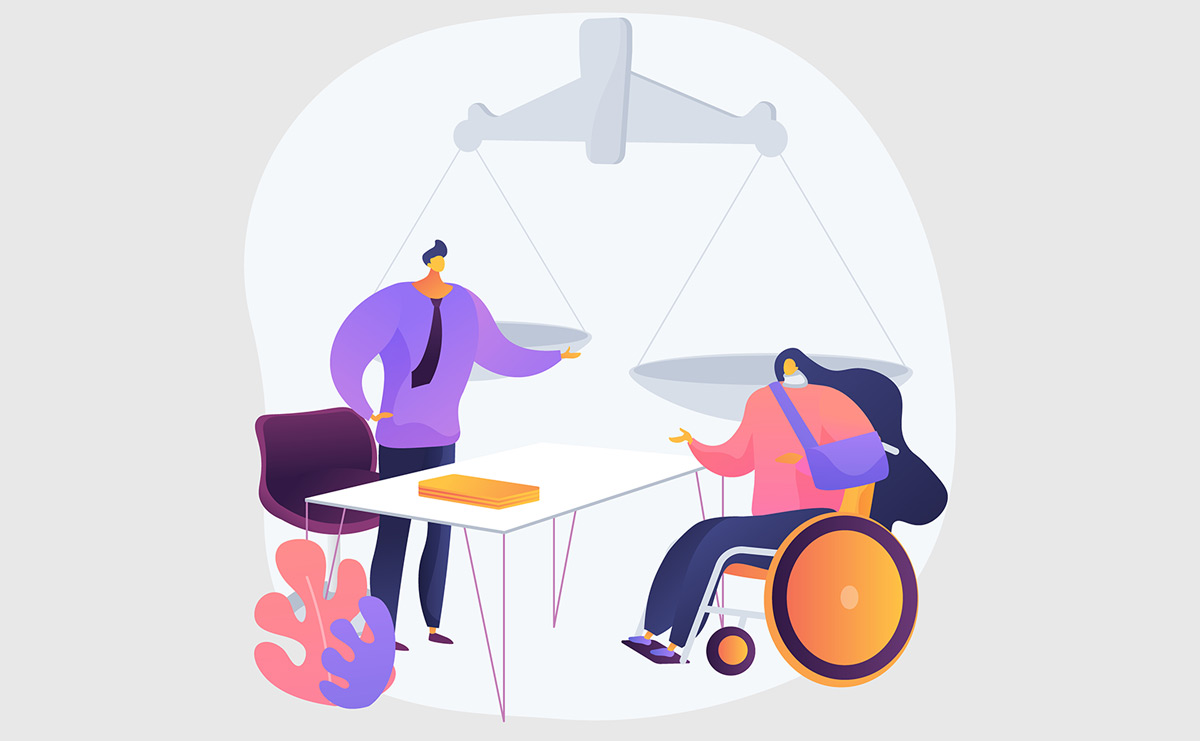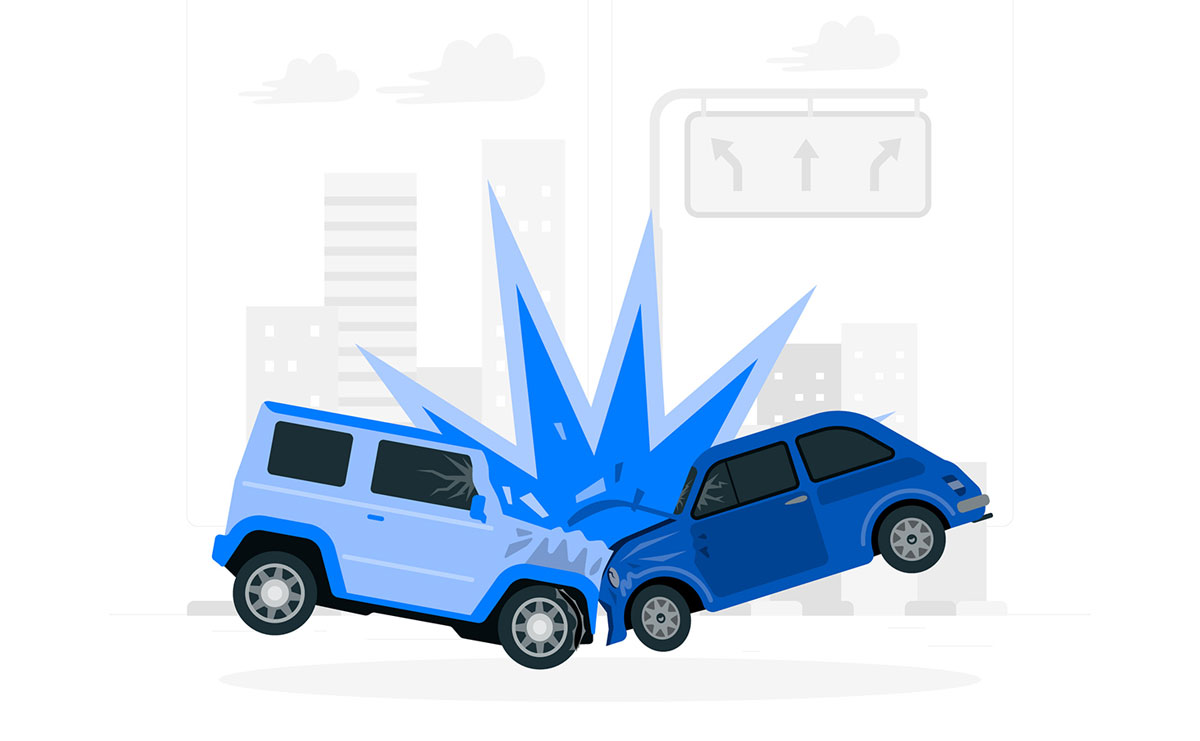Contents
Why Hire a Personal Injury Lawyer: Common Misconceptions
When faced with a personal injury case, deciding whether to hire a lawyer is crucial. Unfortunately, various misconceptions deter many individuals from seeking legal representation, potentially depriving them of the compensation and justice they deserve. This article aims to clarify some of the most common myths about hiring a personal injury lawyer and shed light on the realities of working with legal professionals in this field.
Misconception 1: Hiring a Lawyer Is Too Expensive
A prevalent misconception is that hiring a personal injury lawyer is prohibitively expensive. Many believe they cannot afford legal representation, especially when burdened with medical bills and lost wages. However, most personal injury lawyers work on a contingency fee basis, this is to say that they only get paid if they win your case. The fee is usually a percentage of the settlement or judgment, eliminating any upfront costs for the client. This fair arrangement makes legal representation accessible to individuals from all financial backgrounds.
Misconception 2: I Can Handle the Insurance Company on My Own
Handling a personal injury claim independently might seem straightforward, but it often involves navigating complex insurance processes. Understanding personal injury law is crucial in this process, as the primary goal of insurance companies is to minimize payouts. They may offer quick settlements that do not cover your expenses or compensate for your pain and suffering. Without this deep understanding, you might accept an offer that doesn’t fully meet your needs. Insurance companies also might use your statements or signed documents against you, potentially harming your case.
However, a personal injury lawyer is equipped to counter these tactics. They can accurately assess the total value of your claim, including future medical expenses and non-economic damages, and use their negotiation and litigation skills to ensure you receive fair compensation. Having a lawyer on your side levels the playing field, ensuring that you are not taken advantage of and that your rights are protected. While handling a claim on your own might seem cost-effective, the potential risks and probability of a reduced settlement make it a gamble not worth taking.

Misconception 3: All Personal Injury Lawyers Are the Same
The idea that all personal injury lawyers are the same is a dangerous misconception that can negatively impact your case. Personal injury law is a specialized field; only some lawyers have the expertise or resources to handle every case effectively. Just as you wouldn’t trust your health to any doctor, you shouldn’t trust your personal injury claim to just any lawyer. By understanding the importance of choosing the right lawyer, you can empower yourself and take control of your legal situation.
Experience is a critical factor when choosing a personal injury lawyer. Some lawyers may have years of experience, but if they primarily handle cases unrelated to personal injury, they might need more specific knowledge for your case. For example, a lawyer specializing in medical malpractice may not be the best choice for a car accident claim. Each type of personal injury case presents unique challenges, legal precedents, and evidentiary requirements. For instance, a slip and fall case may require a different approach than a product liability case. A lawyer with a proven track record in cases similar to yours will be better equipped to navigate these challenges effectively.
Additionally, resources are crucial. Successful personal injury cases often require access to expert witnesses, medical professionals, accident reconstructionists, and other specialists who can provide essential testimony or evidence. A well-established law firm with adequate resources can build a stronger case on your behalf, whereas a lawyer with limited resources may need help.
Moreover, dedication to clients is a key differentiator among personal injury lawyers. Some lawyers focus on securing quick settlements, which may not always serve their clients’ best interests. In contrast, a dedicated lawyer is committed to fighting for the maximum compensation you deserve, even if it means going to court. They take the time to understand your unique situation, communicate regularly, and ensure you feel supported throughout the legal process. This commitment should make you feel secure and well-supported during what can be a challenging time.
Misconception 4: Personal Injury Lawsuits Take Too Long
It is a common belief that personal injury lawsuits are always protracted and arduous, a notion that can dissuade many from pursuing legal recourse. However, this is not always the case. While some personal injury claims do take time to resolve, many are settled relatively quickly. This is an important point to consider, especially when you’re already dealing with the aftermath of an injury.
In reality, many personal injury cases are resolved through settlements without going to court. A skilled personal injury lawyer, who is dedicated to your case, can leverage this to your advantage, negotiating aggressively on your behalf to reach a fair settlement as efficiently as possible. These negotiations frequently result in a satisfactory resolution within a few months, allowing you to avoid the ordeal of a trial.
The duration of a personal injury case is influenced by factors such as the case’s intricacy and the cooperation of the opposing party. Cases involving severe injuries, multiple parties, or disputed liability may take longer to resolve due to the need for extensive investigation, expert testimony, and legal motions. However, even in these more complex cases, an experienced lawyer can expedite the process, ensuring timely progress while securing the compensation you deserve. This can lead to a quicker resolution than you might expect.
Misconception 5: Hiring a Lawyer Means Going to Court
Another common misconception is that hiring a personal injury lawyer automatically means you will end up in court facing a lengthy and stressful trial. This fear can deter many individuals from seeking legal representation, leading them to either attempt to handle the case on their own or forgo pursuing compensation altogether. However, the reality is quite different—most personal injury cases are resolved without ever going to court.
The legal process encourages settlement, and a personal injury lawyer’s primary goal is to secure a fair and favorable outcome as efficiently as possible. This often involves negotiating directly with the insurance company or the responsible party’s legal representatives. Lawyers are skilled negotiators who understand personal injury law, the value of your claim, and the tactics insurance companies might use to reduce their payouts. By leveraging this expertise, a lawyer can often secure a settlement that adequately compensates you for your injuries, medical expenses, lost wages, and other damages—without needing a trial. Their expertise in negotiation should instill confidence in you, the claimant, that your case is in good hands.
Statistics show that most personal injury cases are settled out of court. This benefits both parties: the claimant receives compensation more quickly, and the responsible party avoids the uncertainty, publicity, and costs associated with a trial. Settlements are typically reached through negotiation, where both sides work toward an agreement that satisfies everyone involved. A personal injury lawyer will ensure that any settlement offer is in your best interest and covers all your current and future needs. This process is designed to be fair and should provide you with a sense of security.
However, if the other party refuses to offer a fair amount or denies liability, your lawyer’s ability to take the case to court becomes crucial. Knowing that your lawyer is prepared to litigate the case if necessary, can often encourage the other side to settle rather than risk losing at trial. This knowledge can provide a sense of relief, as the prospect of going to court adds pressure on the insurance company or defendant to negotiate in good faith, leading to a more favorable settlement.
Misconception 6: I Cannot Switch Lawyers If I am Not Satisfied
Some individuals mistakenly believe that once they have hired a personal injury lawyer, they’re committed to that lawyer for their case, even if they are dissatisfied with the representation. This misconception can cause unnecessary stress and frustration, making people feel trapped in a situation where they are not receiving the service or attention they deserve. However, it is important to understand that you can switch lawyers anytime during the legal process if you’re unhappy with your current representation. Your satisfaction and confidence in your legal team are crucial to the success of your case.
While it is natural to hope for the best when choosing a lawyer, circumstances can change. If your lawyer isn’t communicating effectively, keeping you updated, or taking your concerns seriously, it is crucial to remember that your trust in your legal team is paramount. If that trust is compromised, it may be necessary to consider switching lawyers.
If you are unhappy with your lawyer, the first step is to communicate your concerns directly with them. Sometimes, issues arise from misunderstandings or a lack of communication, and discussing your concerns openly may resolve the problem. A good lawyer will listen to your feedback, address your concerns, and make the necessary adjustments to improve the relationship and the handling of your case.
However, if you still feel dissatisfied after discussing your concerns, you can seek a second opinion or even change lawyers altogether. The legal system is designed to protect your interests, including your right to choose the best representation for your needs. Switching lawyers may feel daunting, especially if your case is already underway, but it is relatively straightforward. Your new lawyer can handle the transition, including obtaining your case files from your previous lawyer and notifying the court if necessary, ensuring that you have the best possible representation for your case.
Switching lawyers doesn’t necessarily mean you will lose time or momentum in your case. If your current lawyer isn’t adequately representing you, switching to a more attentive and skilled lawyer could improve your case’s outcome. The new lawyer will review the work done so far, identify gaps or issues, and develop a strategy to move forward effectively.
Remember, seeking a second opinion can provide a fresh perspective on your case and help you make informed decisions. Many lawyers offer free consultations, making it an easy and cost-effective way to evaluate your options.
Misconception 7: Personal Injury Lawyers Are Only Interested in Big Cases
It is a common misconception that personal injury lawyers are only interested in high-profile or big-money cases. This belief, often shaped by media coverage of large settlements, can discourage individuals with more minor claims from seeking legal help. However, the reality is quite different. Most personal injury lawyers are committed to helping individuals who have been wronged, regardless of the case’s size or profile.
Personal injury law is fundamentally about advocating for justice and ensuring that victims receive compensation for their minor or severe losses. Lawyers in this field understand that injuries, even minor ones, can significantly impact a person’s life—physically, emotionally, and financially. A lawyer’s role is to advocate for you, guiding you through the complexities of the legal system and ensuring you receive fair compensation for all aspects of your injury, including those that may not be immediately apparent.
Many personal injury lawyers take on cases of all sizes because they are passionate about helping people. Their commitment to holding negligent parties accountable and providing victims with the financial support they need to recover remains consistent, whether the case involves a minor slip-and-fall accident or a catastrophic injury. Additionally, personal injury lawyers often work on a contingency fee basis, meaning they only get paid if they win your case. This approach, which ensures that financial constraints do not prevent you from seeking justice, makes legal representation accessible to everyone and underscores their dedication to achieving the best possible outcome for every client, regardless of the potential settlement size.
Misconception 8: It Is Too Late to Hire a Lawyer
Many people mistakenly believe that they missed the opportunity to seek legal representation if they did not hire a lawyer immediately after their injury. This misconception can lead to individuals unnecessarily forfeiting their right to compensation, assuming that the passage of time has closed the door to their legal options. While it is true that consulting with a lawyer as soon as possible after an injury is ideal, there is always time to seek legal help. If your case falls within the applicable statute of limitations, a lawyer can still step in, evaluate your situation, and work to secure a fair outcome.
Statutes of limitations, which are the legal deadlines for filing a claim, vary depending on the state and the type of personal injury claim you are pursuing. These time limits are in place to ensure cases are brought to court while evidence is still fresh, and witnesses’ memories are reliable. However, these statutes often allow a significant amount of time—sometimes several years—before the window for legal action closes. This means that even if you did not immediately seek legal representation, you may still have ample time to file a claim.
Moreover, there are several valid reasons why someone might wait to hire a lawyer immediately after an injury. In the immediate aftermath of an accident, you may be focused on your recovery, dealing with medical appointments, and managing the emotional toll of your injury. The idea of taking legal action might feel overwhelming or unnecessary. Additionally, some people initially believe that their injuries are minor or that the insurance company will handle their claim fairly without legal intervention. It is only later, when complications arise, medical bills start piling up, or an insurance company offers an inadequate settlement, that the need for a lawyer becomes clear.
Even if some time has passed, a personal injury lawyer can still provide significant value to your case. They can assess your situation, gather evidence, and build a strong case on your behalf. They will review medical records, interview witnesses, and consult with experts to ensure that all aspects of your claim are thoroughly documented. A lawyer can also help you understand the full extent of your damages, including ongoing medical treatment, lost wages, and non-economic damages like pain and suffering that you might not have initially considered. Their role is not just to represent you in court, but also to guide you through the legal process, negotiate with insurance companies, and ensure you receive fair compensation.
In some cases, a lawyer may also be able to identify exceptions or extensions to the statute of limitations. For instance, if your injury was not immediately apparent or if you were incapacitated and unable to file a claim, the statute of limitations might be extended. Additionally, cases involving minors, medical malpractice, or government entities may have different timelines or exceptions that a lawyer can help navigate.
By understanding these misconceptions and the realities of why hire a personal injury lawyer, you can make an informed decision that best serves your interests. Your active involvement in this decision-making process is crucial, as it can provide you with the support, expertise, and advocacy needed to navigate the complexities of personal injury law and achieve a fair outcome.
Disclaimer: The content provided on this blog is for informational purposes only and does not constitute legal, financial, or professional advice.







